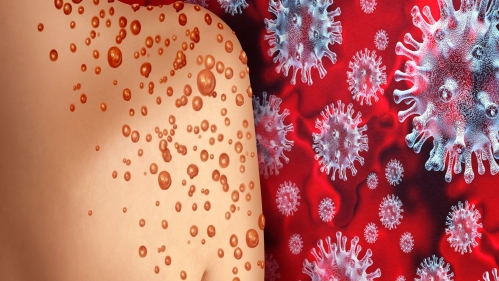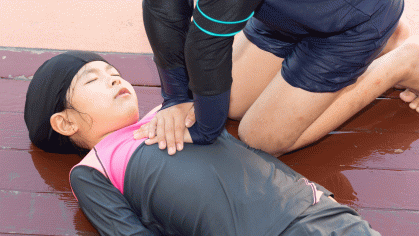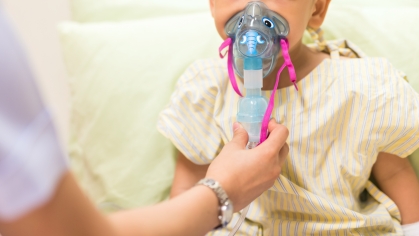David J. Cennimo, an associate professor of medicine and pediatrics in the Division of Infectious Diseases at Rutgers New Jersey Medical School, says there’s no need for people to take special steps to avoid monkeypox.
Cennimo who believes that precautions already recommended to prevent other illnesses are enough to stop the spread of the disease — if people follow them consistently – discusses this new outbreak.
Has monkeypox spread to the point that the general public should be concerned?
No. As of June 10, the Centers for Disease Control had only confirmed 45 cases nationwide. Those numbers are growing, but the disease doesn’t seem to be transmitted easily enough to create a widespread outbreak.
What people face the greatest risk of contracting the disease?
The disease has been spreading through intimate contact, so the people who face the greatest risk are those engaging in such contact with multiple partners, especially new partners. The more partners, the greater the risk, but, again, that risk remains relatively quite low.
Should people who are initiating intimate relationships take extra precautions?
No, but monkeypox is one more reason they should follow longstanding recommendations designed to combat other diseases that spread via intimate contact. Also, since monkeypox can spread after flu-like symptoms begin but before lesions appear, this outbreak is yet another reason to avoid intimacy when you’re feeling sick or with anyone who appears sick.
Can asymptomatic carriers spread the disease?
It’s too early to say for sure, but it doesn’t currently appear that entirely asymptomatic people spread monkeypox. It seems to become somewhat contagious after flu-like symptoms begin and then more contagious after lesions appear several days later.
Can it spread through the air?
Previous research documents transmission via droplets exhaled past oral lesions onto someone else, but that’s rare. Widespread airborne transmission — i.e., one sick person infecting an entire subway car — seems extremely unlikely.
How dangerous is monkeypox to those who contract it?
The Central African variant has an infection fatality rate of around 10%, but what’s currently circulating here is the milder variant from West Africa, which has an infection fatality rate estimated at around 1%. The fatality rate in the U.S. has been even lower than that, probably because patients have typically been healthy young people.
Smallpox vaccine protects against monkeypox. Should we use our stockpile to vaccinate?
Not unless the disease becomes much more common and severe. The smallpox vaccine, which only provides imperfect protection against monkeypox, is a live-virus vaccine. It causes a small percentage of recipients to contract smallpox and creates severe reactions in many others. Only a severe outbreak of a much deadlier monkeypox — or a reemergence of smallpox — would justify its use.




